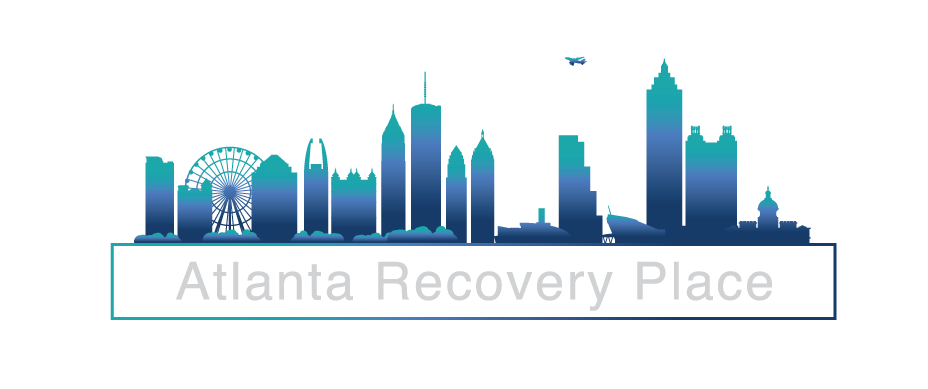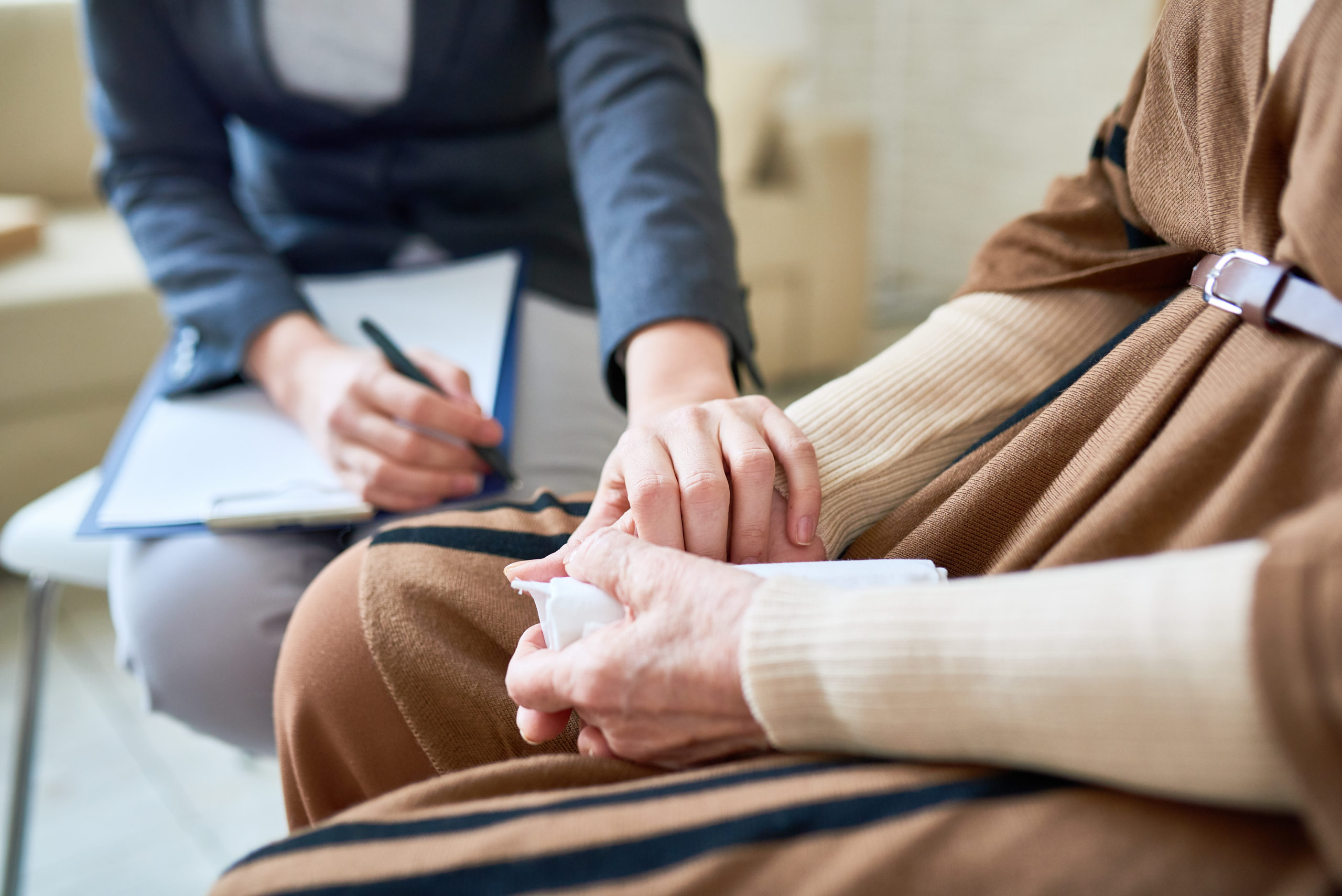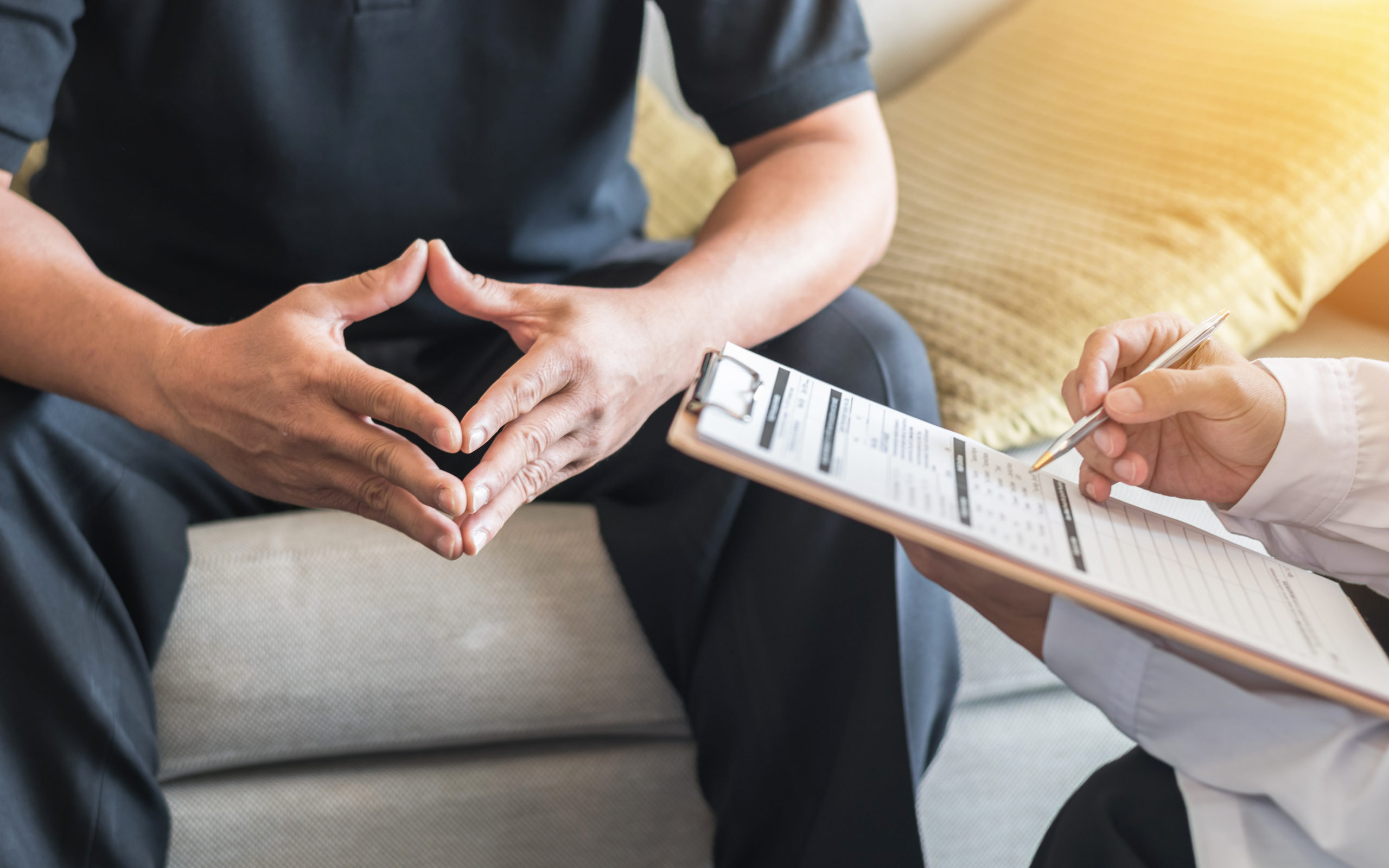Breaking free from the cycle of substance abuse and getting sober is important but for those suffering from drug and alcohol addiction, achieving long-term abstinence might require different levels of treatment. When it comes to drug or alcohol treatment, there are various levels of care. Inpatient and outpatient services are the most common types of treatment, but sometimes people need something that falls in between the two. A partial hospitalization program (PHP) falls into this category and is an effective and flexible treatment option that offers many benefits for those needing addiction care. A php Atlanta program is a great option for those needing outpatient drug and alcohol addiction recovery in the area.
What Is a PHP?
A PHP is a partial hospitalization program, or a partial day treatment, which is a great option for outpatient drug and alcohol addiction recovery treatment. Our PHP Atlanta program is an intensive and structured program at Atlanta Recovery Place that enables our clients with drug and alcohol addiction to get the medical care and recovery help needed to fully recover without having to stay overnight.
If you enroll in a comprehensive and individualized PHP Atlanta program at Atlanta Recovery Place, you can expect to spend the majority of your days in a clinical setting with a warm and caring professional who is licensed to help with your addiction issue. Most PHP programs involve six hours of sessions at least five days a week as opposed to just four or five hours or so a week during an outpatient addiction treatment program. PHP sessions may include individual therapy, group therapy, case management and family therapy.
During individual therapy, you will work one-on-one with a mental health professional who will explore your addiction struggles and triggers so he or she can help you determine which skills you need to develop and maintain to keep from acting on them.
During group therapy, you will interact with others who battle addiction and with a group therapist, You can expect to learn from others and the mental health professional in the session with you – and you may find that you have insight to offer too.
Drugs that are addictive can change your brain at the cellular level, making it difficult for you to focus on your therapy and lessons. Certain medications, such as methadone, buprenorphine and acamprosate may help to amend chemical imbalances so you can get on the path to true recovery.
Benefits of Enrolling in a PHP in Atlanta
At Atlanta Recovery Place, our partial hospitalization program includes:
- Treatment for chronic disease such as pain or other physical conditions.
- Medical management by board-certified physicians who are experts in substance abuse and chemical dependencies.
- Opportunities to put into practice new skills that can be developed into health habits.
- Education about new skills and tools to learn how to cope with anger, frustration and cravings in order to live a sober and healthy lifestyle.
- Help identifying and addressing any underlying issues that contributed to the onset of your drug and/or alcohol abuse struggle.
At Atlanta Recovery Place, our PHP program has been proven to be helpful to even clients with moderate to severe addiction without the requirement of overnight stays. Our clients can live at home with their families, in a familiar and comfortable environment while still receiving treatment that is needed.
Reach Out to Atlanta Recovery Place Today for Help With Addiction
Although PHP programs are helpful, not every addiction and mental health treatment facility in Atlanta offers them. Atlanta Recovery Place is one of the few where you can expect to find help that will help you achieve lasting recovery through a partial hospitalization program. Whether you are the one struggling with drug or alcohol addiction or a loved one is, we are here to help and support you. Contact us today to find out more about our PHP Atlanta drug and alcohol addiction recovery program.








